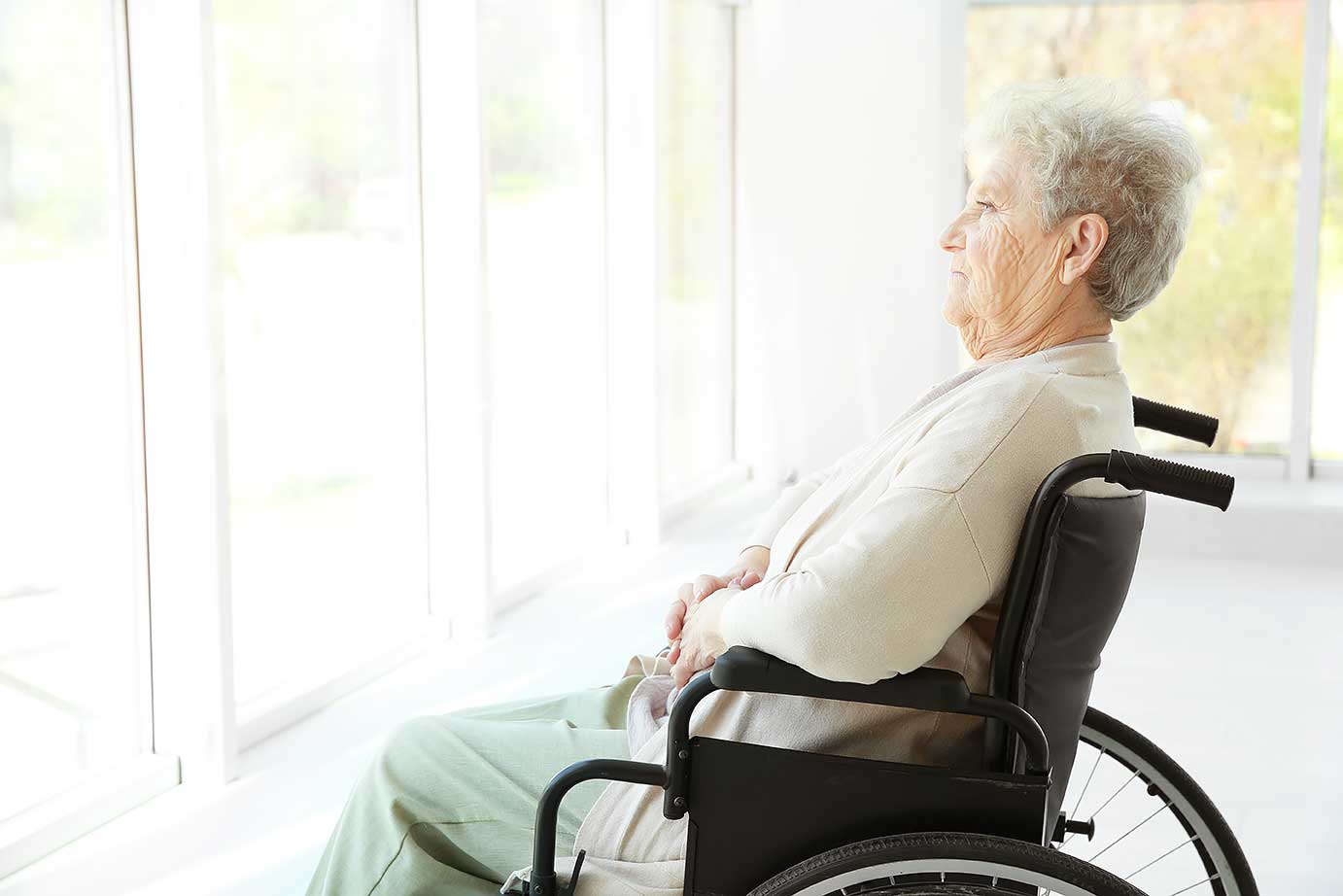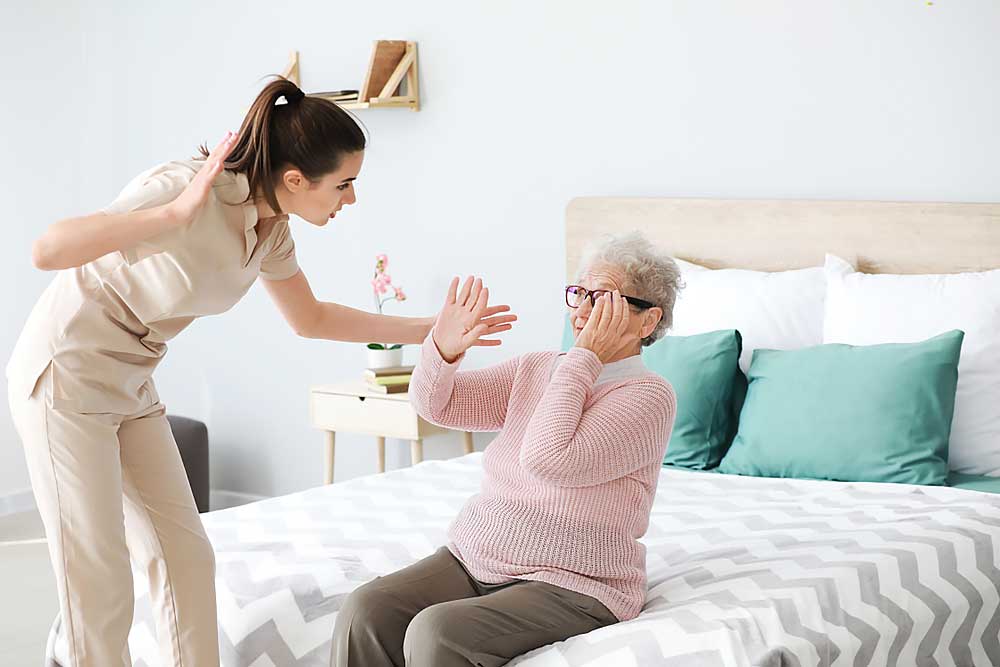
Once you place your loved one in a nursing home, you expect them to receive quality health care, including medical, mental, and social support. Unfortunately, this isn’t always the case and some seniors can experience abuse that threatens their mental, physical, and emotional wellbeing.
- Act quickly but remain calm: An abusive situation is a dangerous situation — for your loved one as well as other nursing home residents. It’s important that you act quickly and begin assessing and addressing the situation as soon as possible. Despite the need for quick action, it’s also important to remain calm to avoid creating a potentially more stressful or dangerous situation for your loved one.
- Consult an attorney: Once you suspect abuse, a nursing home abuse lawyer can become an invaluable resource. An elderly abuse lawyer will help you understand the victim’s rights and determine what type of abuse has occurred.A lawyer can also help you determine if and what type of legal action is necessary. This may include filing charges against the nursing home, implementing further legal protections (e.g., power of attorney), or seeking any compensation to which the victim may be entitled.
- Speak to the nursing home staff: Typically, you should refrain from accusing or confronting a suspected abusive caregiver directly. In some situations, doing so can put your loved one in further danger. But you do have every right to ask questions about the health of your loved one.Symptoms and signs of elder abuse or neglect, like bruises, lacerations, or unusual changes in their emotional, physical, and mental wellbeing should act as red flags and the basis for questioning. Speaking to the staff will help you decide if the symptoms are representative of abuse or are symptomatic of aging or an underlying medical condition.
- Document your findings and gather evidence: Once you suspect abuse, start documenting the situation. Documentation should include but is not limited to:
– Taking pictures with your phone
– Recording relevant times and dates
– Taking detailed notes about your observations
– Speaking privately to the victim
– Documenting staff names and titles
- File an official report: All instances of suspected elder abuse should be reported. The following resources can assist you in filing a report:
– PA residents can report abuse at the Pennsylvania Statewide Elder Abuse Hotline at 1-800-490-8508.
– Residents outside of PA can contact the Eldercare Locator at 1-800-677-1116 to be referred to the appropriate local agency. - Contact the nursing facility’s ombudsman: Each nursing home and long-term care facility should have an ombudsman. Information regarding the facility’s ombudsman should be available through your state government, through local authorities, as well as the nursing home administration, should be able to provide this information. Pennsylvania residents can contact the PA Long-Term Care Ombudsman office at 717-783-8975).
- Make alternative living arrangements for your love one: One you file a complaint and the investigation, or you take legal action against the facility, you should make arrangements to have your loved one moved. Doing so will allow them to avoid additional stress or a potentially more dangerous situation while avoiding a conflict of interest.

Understanding the types of nursing home abuse
Nursing home and elder abuse can take many forms and recognizing the signs and symptoms of abuse will make it easier to evaluate and document suspected abuse. Nursing home abuse includes but is not limited to the following:
– Physical abuse
– Emotional abuse
– Psychological abuse
– Sexual abuse
– Elder negligence and neglect
– Exploitation and financial abuse
Learn more about the types of nursing home abuse
Nursing home abuse of any type is a serious matter, and you must act quickly and efficiently to ensure the safety of your loved one. Thorough documentation and subsequent reporting can protect the victim as well as other residents within the offending facility.
If you’re concerned about a loved one in a nursing home or long-term care facility, contact us today. We can offer the insight, advice, and guidance required to make sure they get the care and respect they deserve.

